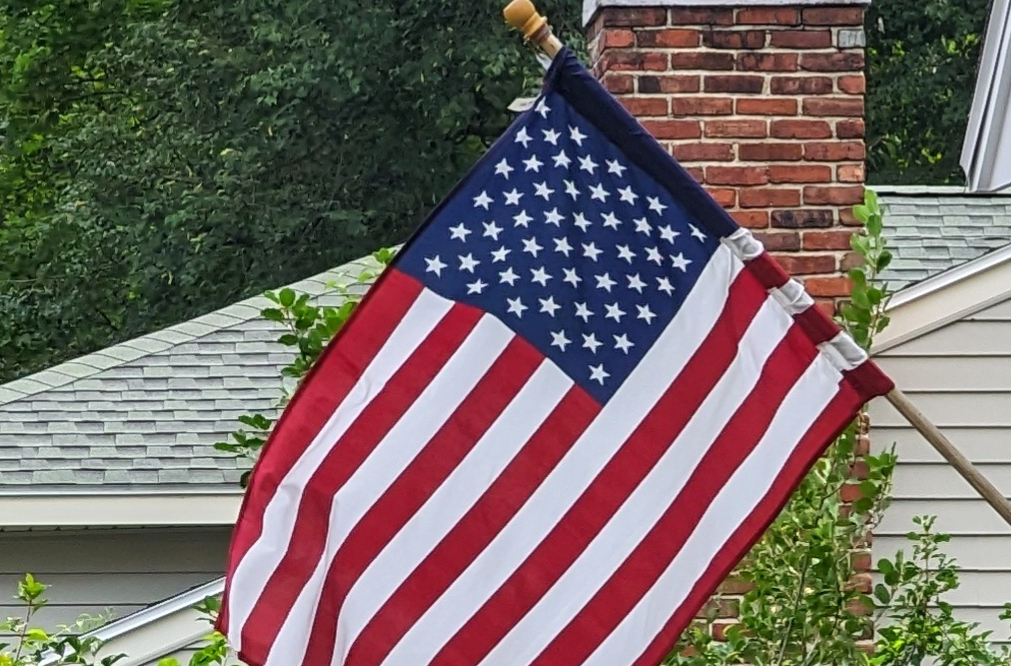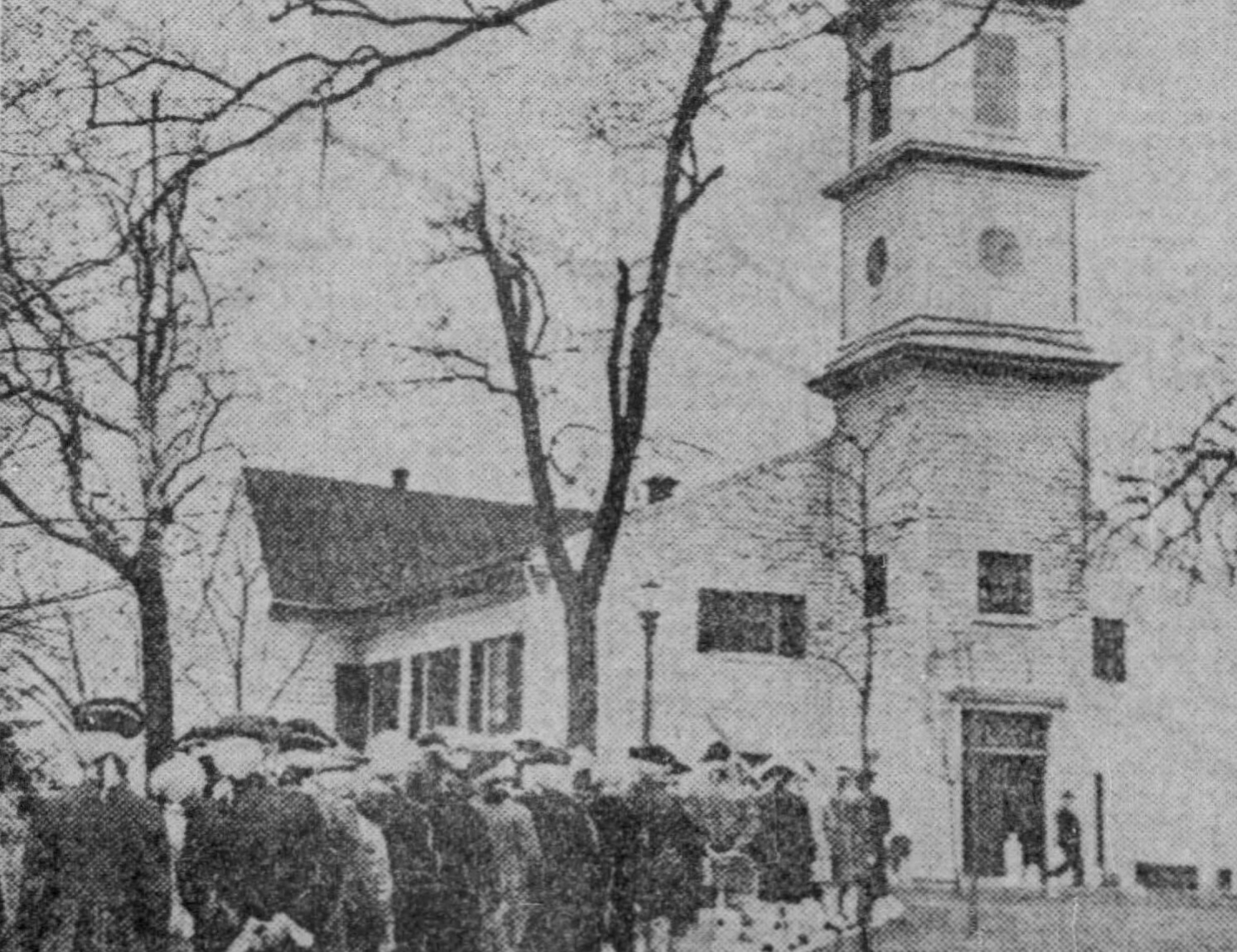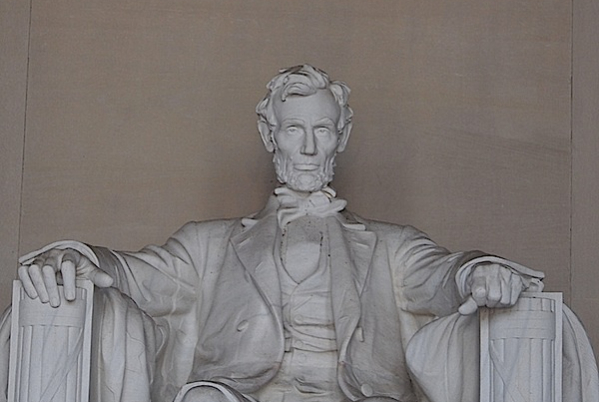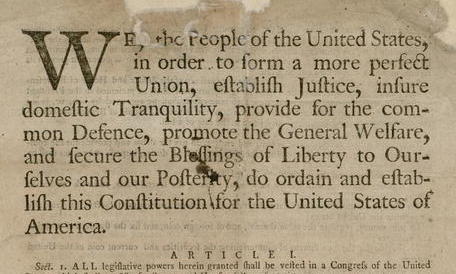
Continuing a Tradition of Civics Excellence
By Mike Sabo With new institutes emerging at colleges and universities in Florida, Ohio, Utah, Tennessee, North Carolina, Texas, and elsewhere, civics education may be

By: Michael Warren
Over a decade ago, my then-10-year-old daughter Leah pounded on a table and demanded a new way to celebrate America—and Patriot Week was born. The traditional civic calendar had been hollowed out by empty excuses for three-day weekends, barbecues, and appliance sales. The idea was to renew the spirit of America. Little did we predict that in 2020 the nation would need Patriot Week for another reason—to heal the spirit of America.
The toxic political environment is self-evident. Massive protests and counter-protests, rioters, and the most divisive political campaign season in a generation has overtaken the nation. And don’t forget impeachment, endless investigations and counter-investigations, and a 24-hour media and social media maelstrom that feed and encourage the loudest and most extreme views.
This situation is exacerbated by Americans’ ignorance of their history, the Constitution, and civics—and is exponentially worsened by those bent on tearing the country apart, brick by brick.
Nevertheless, America has seen worse times. We have made it to the other side of terrible tumult by rediscovering our founding first principles and expanding them to include historically excluded groups. The question at this crossroads is: Do we renew the American Dream or tear each other apart?
At bottom, nearly all Americans believe in the same general first principles. As our Declaration of Independence states:
We hold these truths to be self-evident, that all men are created equal, that they are endowed by their Creator with certain unalienable rights, that among these are life, liberty and the pursuit of happiness. That to secure these rights, governments are instituted among men, deriving their just powers from the consent of the governed. That whenever any form of government becomes destructive to these ends, it is the right of the people to alter or to abolish it, and to institute new government, laying its foundation on such principles and organizing its powers in such form, as to them shall seem most likely to effect their safety and happiness.
In other words, we believe in the first principles of equality, unalienable rights, the social compact, limited government, the rule of law, and the right to reform or abolish oppressive government. This is what makes America, well, America. It is not TikTok, inane tweets, or the Kardashian sisters—it is our founding first principles.
Of course, we did not fully live up to those first principles in 1776. Slaves, discrimination, oppression of women, and other hypocrisies existed. But the first principles claimed by abolitionists, suffragettes, and civil rights icons moved our country forward.
In addition to focusing on our first principles, Patriot Week commemorates great American patriots who have lived out those first principles, key documents and speeches that embody them, and flags from our history that represent them.
The week begins on Sept. 11 (in commemoration of the terrorist attacks) and ends on Sept. 17, Constitution Day (the anniversary of the signing of the Constitution). It is recognized by the U.S. Senate and over 15 states.
Activities such as festivals, parades, paloozas, 9/11 commemorations, debates, panel discussions, school lessons, daily rituals, and contests are regularly held that pay tribute to America’s founding principles. This year, of course, we have mostly embraced a virtual approach.
Patriot Week provides us the opportunity to remember what unites us as Americans, why we should celebrate what we have achieved, and why we should continue to strive to create a stronger country—goals that are rooted in the promise of the Declaration of Independence. If we can remember these principles and love each other, we can bind our divisions. Our future will never have been brighter.

By Mike Sabo With new institutes emerging at colleges and universities in Florida, Ohio, Utah, Tennessee, North Carolina, Texas, and elsewhere, civics education may be

By John A. Ragosta On March 23rd in 1775, Patrick Henry rose at St. John’s Church in Richmond, Virginia, to urge his countrymen to arm

By Brian Matthew Jordan One hundred and fifty-nine years ago this Sunday, a 26-year-old white supremacist and Confederate sympathizer named John Wilkes Booth pointed a

By Jonathan W. White Historians and the general public regularly rank Abraham Lincoln as America’s greatest president. There is little doubt that he is widely

By Hans Zeiger December 15th marks Bill of Rights Day, which commemorates the 232nd anniversary when the first ten amendments to the U.S. Constitution were

The Patriot Week Foundation achieved its 501(c)(3) status in December 2012 and has moved forward by building a sustainable, nonpartisan organization. Currently staffed with an Operations Manager and Education Consultant, the Patriot Week Foundation will be adding to its complement of talent shortly.
This unique, historically grounded, non-partisan approach is desperately needed in our toxic political environment. In no small measure, the fate of the nation depends on it.
Get in Touch
Fill out the form, our team will get back to you ASAP.